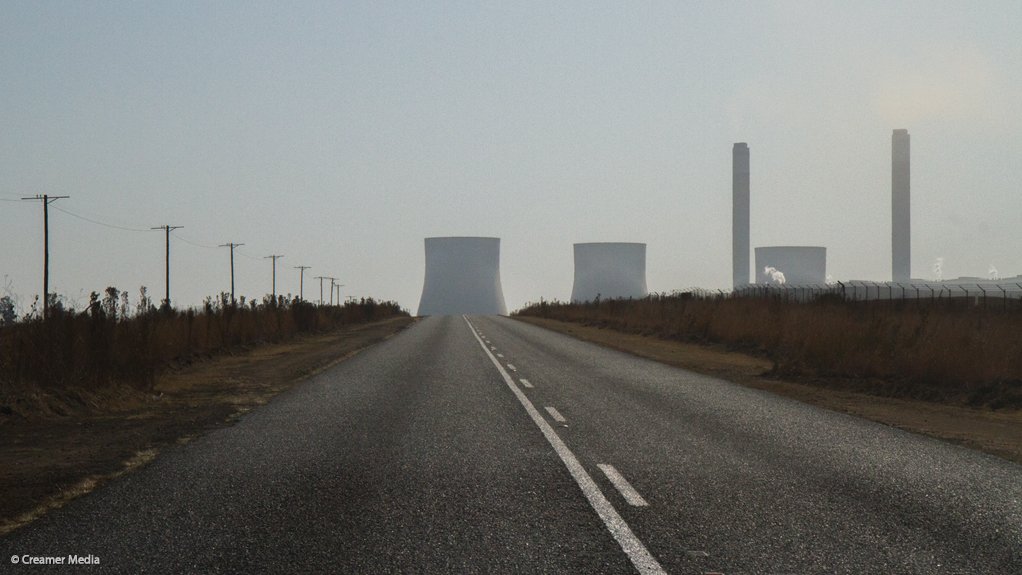The Presidential Climate Commission (PCC) is cautioning that South Africa may miss its 2030 decarbonisation target in light of a decision to further delay the decommissioning of three aged coal power stations and if new clean sources are not introduced in line with the country’s electricity generation roadmap.
The warning is contained in the commission’s inaugural ‘South African State of Climate Action’ report, released on July 25.
Ahead of COP26 in Glasgow in 2021, South Africa lodged a new Nationally Determined Contribution (NDC) outlining a goal of reducing its CO2-equivalent (CO2-eq) emissions to between 420-million and 350-million CO2-eq tons in 2030, an improvement on its previous NDC range of between 398-million and 510-million CO2-eq tons.
That commitment helped South Africa secure initial pledges of $8.5-billion for its Just Energy Transition Investment Plan and these pledges have since increased to $11.5-billion.
The PCC report quotes government’s draft Sectoral Emissions Target Report, which states that South Africa is on track to meet its 2025 NDC target and that the 350-million CO2-eq tons target could be achieved with more ambitious actions in the electricity and transport sectors. The 350-million CO2-eq tons is said to align with South Africa’s contribution to limiting global warming to 1.5 °C, a target that appears to be increasingly difficult to achieve.
The report goes on to caution, however, that if key policies — such as the 2019 Integrated Resource Plan with its prescribed electricity build and decommissioning plans — are not achieved, the 2030 target in the NDC may not be met.
“This is pertinent given Eskom’s recent decision to further delay the decommissioning of three of its oldest coal-fired power plants, Camden, Grootvlei and Hendrina.”
Newly appointed Forestry, Fisheries and the Environment Minister Dr Dion George has promised wide consultation on South Africa’s next NDC, which will have to take account of Eskom’s successful appeal of the National Air Quality Officer’s October 2023 decision requiring the State-owned enterprise’s coal stations to comply with minimum emission standards.
Eskom said the decision would exacerbate loadshedding by leading to the shutting of 30 000 MW of capacity, as the cost of retrofitting the plants to meet air-pollution limits would be a prohibitive R300-billion.
The PCC report also points to an ongoing “mismatch between commitments and action”, noting that South Africa’s strong climate policy and just transition commitments are not reflected in practical outcomes.
Only 28 of the 95 actions outlined by the National Climate Change Adaptation Strategy are listed as fully implemented or currently being implemented, the PCC notes.
The reports states that there are contradictory public policies and positions, particularly regarding the future of the energy sector.
“The lack of consensus about the pace of the coal phaseout is delaying the implementation of necessary policy measures to prepare for and enable the transition, such as the draft 2023 Integrated Resources Plan, the Integrated Energy Plan, and the South African Renewable Energy Masterplan.”
The report’s release came only days after President Cyril Ramaphosa signed the Climate Change Bill, which sets a legal mandate for South Africa’s national climate response and institutionalises the role of the PCC.
EMAIL THIS ARTICLE SAVE THIS ARTICLE ARTICLE ENQUIRY
To subscribe email subscriptions@creamermedia.co.za or click here
To advertise email advertising@creamermedia.co.za or click here











